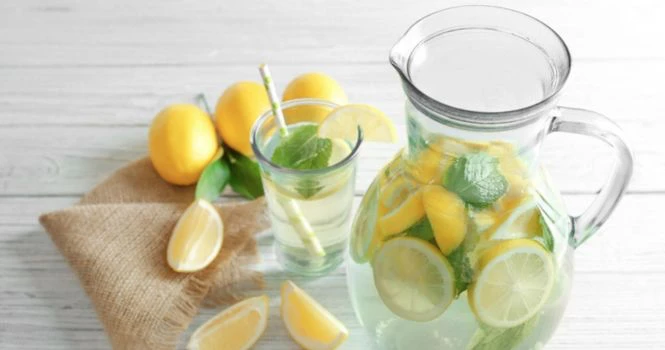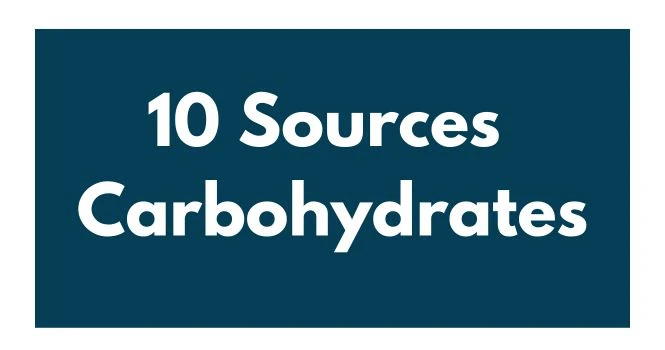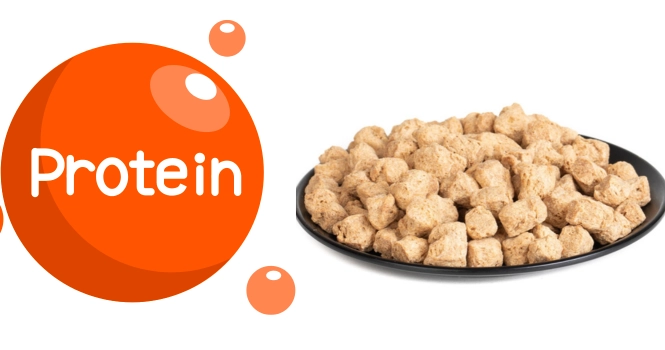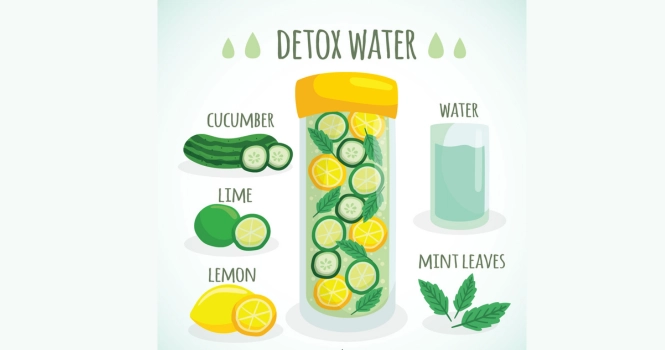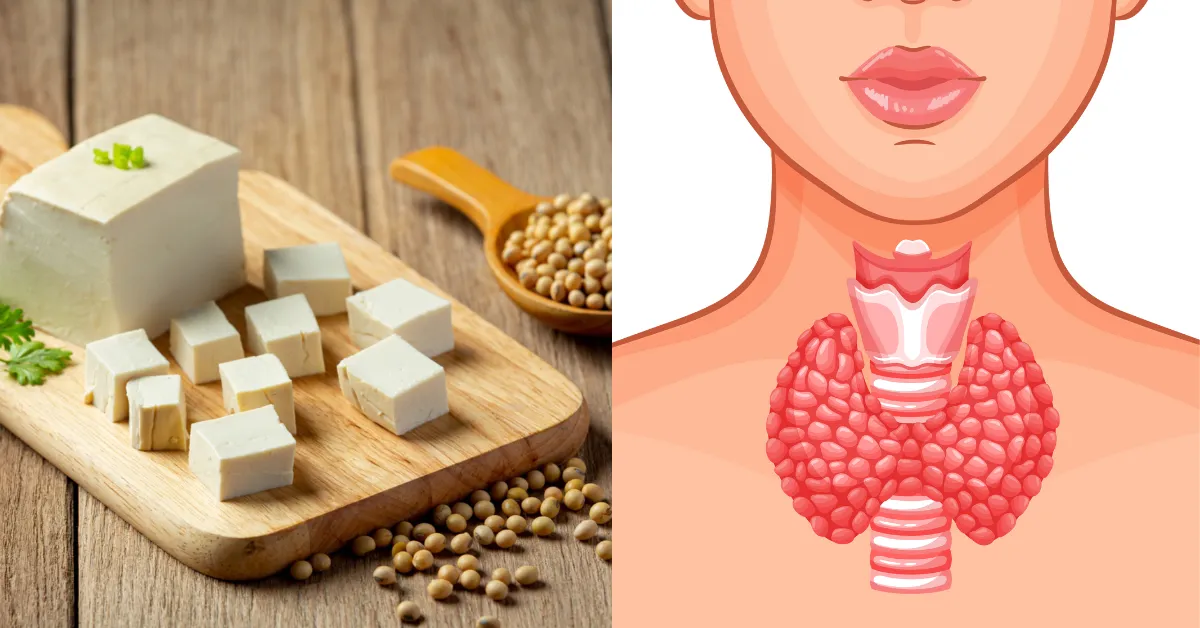Health Benefits of Raisins
What are Raisins called in different Languages?
Also known by other names such as
- “Kishmish” in Hindi
- “Ullundhu” in Tamil
- “Draksha” in Telugu
- “Drakshe” in Kannada
- “Munakka” in Punjabi
- “Kishmishak” in Bengali
- “Kismis” in Urdu
Difference between Raisins Vs Sultanas Vs Currants
Raisins, sultanas, and currants are all dried fruits, but they differ in their size, flavor, and texture.
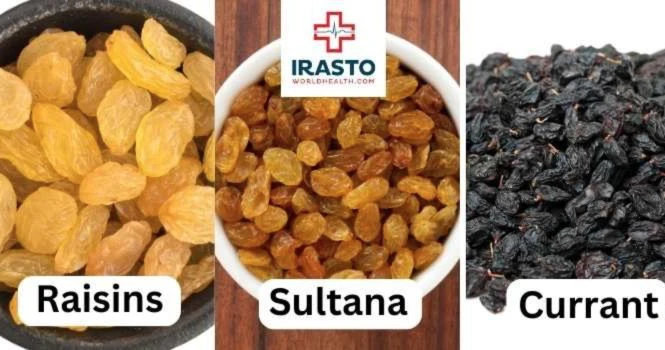
Raisins are made by drying grapes in the sun or in a dehydrator until they become wrinkled and dry. They are typically made from larger grape varieties, such as Thompson Seedless, and are known for their sweet, tangy flavor and chewy texture.
Sultanas are also made from grapes, but they are typically smaller and sweeter than raisins. They are made from seedless green grapes, such as the Thompson Seedless or Sultana grape, and are dried using a dehydrator or by exposure to the sun. Sultanas are often used in baking and in Middle Eastern and Mediterranean cuisine.
Currants, on the other hand, are made from a small, seedless grape variety called the Black Corinth grape. They are small, dark red or black, and have a tart, tangy flavor. Currants are often used in baking and in European cuisine, particularly in dried fruit cakes, cookies, and breads.
Nutritional Information
Raisins are a nutritious food that are rich in several essential nutrients. The nutritional information for a 1/4 cup (about 43 grams) serving of raisins:
- Calories: 123
- Carbohydrates: 32.5 grams
- Fiber: 1.3 grams
- Protein: 1.3 grams
- Fat: 0.2 grams
- Potassium: 322 mg (9% of the Daily Value)
- Boron: 0.8 to 1 mg (10% of Daily Value)
- Iron: 0.8 mg (4% of the Daily Value)
- Calcium: 22.5 mg (2% of the Daily Value)
- Vitamin B6: 0.1 mg (6% of the Daily Value)
- Magnesium: 8.6 mg (2% of the Daily Value)
Raisins are a good source of energy due to their high carbohydrate content, and they also provide a small amount of protein. They are low in fat and contain no cholesterol.
Raisins are also a good source of potassium, an essential mineral that helps regulate blood pressure and supports proper heart and muscle function. Additionally, they contain iron, which is important for healthy red blood cells, and vitamin B6, which helps support brain function and immune system.
How to eat Raisins?
They are often eaten raw or added as an ingredient for a sweet dish or fruit salad or custard.
Raisins may have cholesterol-lowering properties, which can be beneficial for maintaining heart health. The fiber and polyphenols found in raisins are thought to be responsible for this effect.
Fiber is known to help reduce cholesterol levels by binding to bile acids in the intestines and promoting their excretion from the body. This process requires the liver to use cholesterol to make more bile acids, which can help to lower overall cholesterol levels in the blood.
Polyphenols, which are a type of antioxidant found in raisins, may also help to reduce cholesterol levels by preventing the oxidation of LDL cholesterol (also known as “bad” cholesterol). When LDL cholesterol becomes oxidized, it can contribute to the development of plaque in the arteries, which can lead to heart disease. By preventing this oxidation, polyphenols may help to reduce the risk of heart disease.
While more research is needed to fully understand the cholesterol-lowering effects of raisins, adding them to your diet can be a healthy and tasty way to potentially improve heart health. However, it’s important to keep in mind that raisins are also high in natural sugars and calories, so they should be consumed in moderation as part of a balanced diet.
Benefits of Raisins soaked in water
Raisins are soaked in water for various reasons. Despite being dehydrated, raisins still contain some moisture, and soaking them in water can help to further soften and plump them up.
- Improved digestion: Raisins are a good source of dietary fiber, and soaking them in water can help to further soften them, making them easier to digest. This can help to promote regular bowel movements and alleviate constipation.
- Increased hydration: Soaking raisins in water can help to increase their water content, making them a good source of hydration. This can be especially beneficial for athletes or people who engage in high levels of physical activity.
- Boosted immunity: Raisins are rich in antioxidants, which help to protect the body against damage from free radicals. Soaking raisins in water may help to increase their antioxidant content, which can help to boost the immune system and reduce the risk of chronic diseases.
- Improved bone health: Raisins are a good source of calcium, which is important for maintaining strong bones. Soaking raisins in water may help to increase their calcium content, making them a good source of this essential nutrient.
- Reduced inflammation: Raisins contain anti-inflammatory compounds that can help to reduce inflammation in the body. Soaking raisins in water may help to release more of these compounds, making them more effective at reducing inflammation.
- Better skin health: Raisins are a good source of vitamin C, which is important for maintaining healthy skin. Soaking raisins in water may help to increase their vitamin C content, making them more beneficial for the skin.
- Reduced risk of chronic diseases: The antioxidants and other beneficial compounds in raisins can help to reduce the risk of chronic diseases, such as heart disease and diabetes. Soaking raisins in water may help to increase their nutrient content, making them even more effective at reducing the risk of these diseases.
How many Raisins to eat per day?
The recommended serving size of raisins is about 1/4 to 1/2 cup (about 40-80 grams), which contains around 120-240 calories, depending on the brand and variety.
While raisins are a healthy and convenient snack, it’s important to remember that they are also high in natural sugars and calories. Eating too many raisins can lead to weight gain and other health problems.
As with most foods, moderation is key. Eating a small handful of raisins per day as part of a balanced diet is a good way to enjoy their potential health benefits without overdoing it.
Raisins and Diabetics
Raisins are like low glycemic fruit and must be consumed in moderation, even though moderate consumption have been linked to improved glycemic control in a recent meta study
Black Raisins benefits for Women
Some potential benefits of consuming black raisins include:
- Good for digestion: Black raisins are a good source of dietary fiber, which can help to promote digestive health and prevent constipation.
- May help to lower blood pressure: The potassium found in black raisins may help to lower blood pressure, which can be beneficial for women who are at risk of developing high blood pressure.
- May improve bone health: Black raisins are a good source of calcium, which is important for maintaining strong bones and preventing osteoporosis.
- May help to reduce menstrual cramps: The iron found in black raisins may help to reduce menstrual cramps and other symptoms of premenstrual syndrome (PMS).
- May improve skin health: The antioxidants found in black raisins may help to protect the skin against damage from free radicals, which can contribute to aging and skin damage.
While black raisins may offer some potential benefits for women, it’s important to remember that they are also high in natural sugars and calories.
Disadvantages of Eating Raisins
While raisins offer many potential health benefits, there are also some potential disadvantages to consider:
- High in sugar: Raisins are a concentrated source of natural sugars and calories. Eating too many raisins can lead to weight gain and other health problems, particularly for people with diabetes or other conditions that affect blood sugar levels.
- May cause digestive issues: Some people may experience digestive issues like bloating or diarrhea when consuming large amounts of raisins. This may be due to their high fiber content or the presence of sorbitol, a sugar alcohol that can have a laxative effect.
- May cause tooth decay: Raisins are sticky and can cling to teeth, which can increase the risk of tooth decay and cavities if they are not properly cleaned from the teeth.
- May contain sulfites: Some raisins may contain sulfites, which can cause allergic reactions in some people. If you have a sulfite allergy, be sure to check the label of any raisin products before consuming them.
- May be high in calories: While raisins are a healthy snack in moderation, eating too many can contribute to overall calorie intake and potentially lead to weight gain.
Frequently Asked Questions
Are raisins high in potassium?
Yes, raisins are a good source of potassium. Potassium is an essential mineral that plays a role in several bodily functions, including muscle function, nerve transmission, and fluid balance.
A 1/2 cup serving of raisins contains around 598 milligrams of potassium.
Recommended Daily intake of Potassium is 3500 mg per day for Adults.
Are raisins good for constipation?
Yes, raisins are a good source of dietary fiber and can help to relieve constipation. The fiber in raisins helps to add bulk to stool, making it easier to pass through the digestive tract.
A 1/2 cup serving of raisins contains around 3 grams of fiber.. Consuming fiber-rich foods like raisins can help to promote regular bowel movements and prevent constipation.
However, it’s important to note that consuming too many raisins or other high-fiber foods too quickly can sometimes worsen constipation or cause gas and bloating. It’s best to increase fiber intake gradually and drink plenty of water to help move fiber through the digestive tract.
Which raisin is good for skin?
Both black and golden raisins can be good for the skin as they contain various nutrients and antioxidants that promote healthy skin.
Golden raisins are rich in vitamins C and E, which are antioxidants that protect the skin from damage caused by free radicals. Vitamin C also helps to produce collagen, a protein that keeps skin firm and elastic. Golden raisins also contain beta-carotene, which is converted to vitamin A in the body and is important for skin health.
Black raisins, on the other hand, are a good source of resveratrol, a powerful antioxidant that has been shown to have anti-aging effects on the skin. Resveratrol may also protect the skin from UV damage and reduce the risk of skin cancer.
Can we eat almonds and raisins together?
Yes, you can definitely eat almonds and raisins together as a healthy and delicious snack. In fact, combining these two foods can provide a range of important nutrients and health benefits.
Almonds are a good source of healthy fats, protein, fiber, and several important vitamins and minerals like vitamin E, magnesium, and calcium. Raisins, as we discussed earlier, are a good source of dietary fiber, potassium, and antioxidants.
When should I drink raisin water?
Raisin water is a beverage made by soaking raisins in water overnight or for several hours until the water is infused with their nutrients. It can be consumed at any time of day, but there are certain times when drinking raisin water may be more beneficial.
One common recommendation is to drink raisin water in the morning, on an empty stomach. This is because it can help to stimulate digestion and promote regular bowel movements. Raisin water can also help to boost energy levels and provide a healthy dose of natural sugars to start the day.
Drinking raisin water before meals may also help to reduce appetite and promote feelings of fullness, which can be helpful for weight management.
Additionally, drinking raisin water before bed may help to promote better sleep, as the natural sugars in raisins can help to regulate blood sugar levels and prevent nighttime hunger pangs.
Ultimately, the timing of when to drink raisin water will depend on personal preference and individual health needs
Is raisin water good for pimples?
There is limited scientific evidence to suggest that raisin water specifically can help with pimples. However, raisins are a good source of antioxidants, which can help to reduce inflammation and fight free radicals that can damage skin cells. Additionally, raisins are high in fiber, which can help to promote healthy digestion and eliminate toxins from the body, which may indirectly benefit the skin.
Drinking water in general is also important for maintaining healthy skin, as it helps to flush out toxins and keep the skin hydrated.
While there is no harm in drinking raisin water, it’s important to keep in mind that pimples can have various causes, including hormonal imbalances, stress, and diet. It’s best to address the underlying cause of pimples in addition to any dietary changes, such as drinking raisin water.
If you are experiencing persistent or severe acne, it’s recommended to consult with a dermatologist for personalized advice and treatment.
![]()



